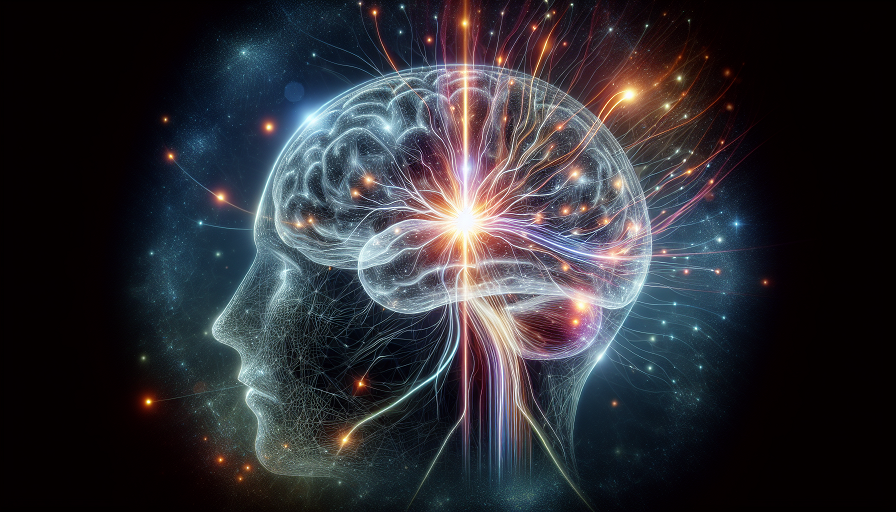
In today’s digital age, technology has transformed nearly every aspect of our lives, including how we store and recall information. From smartphones and cloud storage to apps designed for note-taking and reminders, technology offers unprecedented convenience. But as we lean on these tools more heavily, a critical question arises: Can technology truly replace human memory, and should it?
Contents
What Is Memory, and How Does It Work?
Memory is the brain’s ability to encode, store, and retrieve information. It plays a vital role in learning, decision-making, and forming our sense of identity. There are three main types of memory:
- Sensory Memory: Captures fleeting sensory impressions, lasting only a few seconds.
- Short-Term Memory: Temporarily holds information for immediate use, with a limited capacity of 7 ± 2 items.
- Long-Term Memory: Stores information over extended periods, ranging from days to a lifetime.
While memory is a natural function of the brain, technology has become a significant external support system for storing and managing information.
How Technology Has Changed Our Relationship with Memory
Technology has revolutionized how we handle information. Here are some of the ways it has reshaped our memory-related habits:
Outsourcing Memory
Tools like cloud storage, note-taking apps, and calendars allow us to offload details that we might otherwise struggle to remember, such as appointments, phone numbers, or complex data.
Instant Access to Information
The internet provides instant answers to questions, reducing the need to memorize facts and figures. Search engines like Google act as external memory systems.
Digital Archives
Photos, videos, and social media posts serve as digital memory banks, preserving personal and collective histories.
Cognitive Freedom
By outsourcing mundane details, technology frees up mental capacity for creative thinking, problem-solving, and other high-level cognitive tasks.
The Pros of Using Technology to Supplement Memory
There are undeniable benefits to leveraging technology for memory-related tasks. Here are some of the key advantages:
Enhanced Efficiency
Digital tools streamline the process of storing and retrieving information, saving time and effort. Calendars, reminders, and organizational apps ensure we stay on top of tasks and deadlines.
Reduced Cognitive Load
Offloading routine information to technology reduces cognitive strain, allowing us to focus on more complex or creative endeavors.
Accurate Record-Keeping
Technology eliminates the risk of human error, providing precise and reliable records of events, transactions, and other details.
Accessibility and Sharing
Cloud storage and digital collaboration tools make it easy to access and share information across devices and with others, enhancing productivity and teamwork.
Memory Augmentation
Technological tools can supplement natural memory by acting as reminders, extending the brain’s capacity to handle information.
The Cons of Overreliance on Technology for Memory
While technology offers many benefits, overdependence can come with significant drawbacks. Here are some concerns to consider:
Cognitive Decline
Relying too heavily on technology can weaken natural memory skills, as the brain is like a muscle that needs regular use to stay strong. Studies suggest that constant dependence on external memory tools may reduce our ability to recall information unaided.
Loss of Privacy
Storing personal or sensitive information digitally poses risks of data breaches, hacking, and surveillance.
Reduced Attention Span
The convenience of technology can encourage multitasking and constant information consumption, which fragments focus and hinders deep learning.
Overload and Distraction
Ironically, the same technology designed to organize our lives can overwhelm us with notifications, updates, and digital clutter, leading to stress and reduced productivity.
Dependency Risks
Overreliance on technology means that if a device fails or data is lost, critical information could become inaccessible.
Striking a Balance: Integrating Technology and Memory
The key to benefiting from technology without sacrificing natural memory skills lies in balance. Here are strategies to achieve this equilibrium:
Use Technology as a Tool, Not a Crutch
Rely on technology for routine or repetitive tasks, but actively engage your memory for meaningful or important information, such as learning new skills or remembering personal connections.
Practice Memory Exercises
Strengthen your natural memory by practicing recall, using mnemonics, or engaging in activities like puzzles and games that challenge your brain.
Manage Digital Overload
Organize your digital life by decluttering apps and files, minimizing notifications, and setting boundaries for technology use.
Prioritize Mindfulness and Focus
Practice mindfulness to improve attention and focus, which are essential for encoding memories. Limit multitasking to enhance the quality of your mental processing.
Backup and Secure Information
Take proactive steps to protect digital data through regular backups, encryption, and secure passwords to mitigate risks of loss or breaches.
The Future of Memory and Technology
As artificial intelligence (AI) and other advanced technologies continue to evolve, their role in augmenting memory is likely to expand. From wearable devices that track personal data to AI-driven assistants that anticipate our needs, the potential for memory enhancement is vast. However, ethical considerations, such as privacy, dependency, and the impact on human cognition, must be carefully addressed.
Technology has undoubtedly transformed the way we handle memory, offering tools that enhance efficiency and convenience. However, it’s essential to remain mindful of the potential downsides of overreliance, including cognitive decline and data security risks. By integrating technology thoughtfully and continuing to exercise our natural memory, we can harness the best of both worlds. As we move forward, finding this balance will be crucial for preserving the full potential of our brains while embracing the benefits of innovation.

